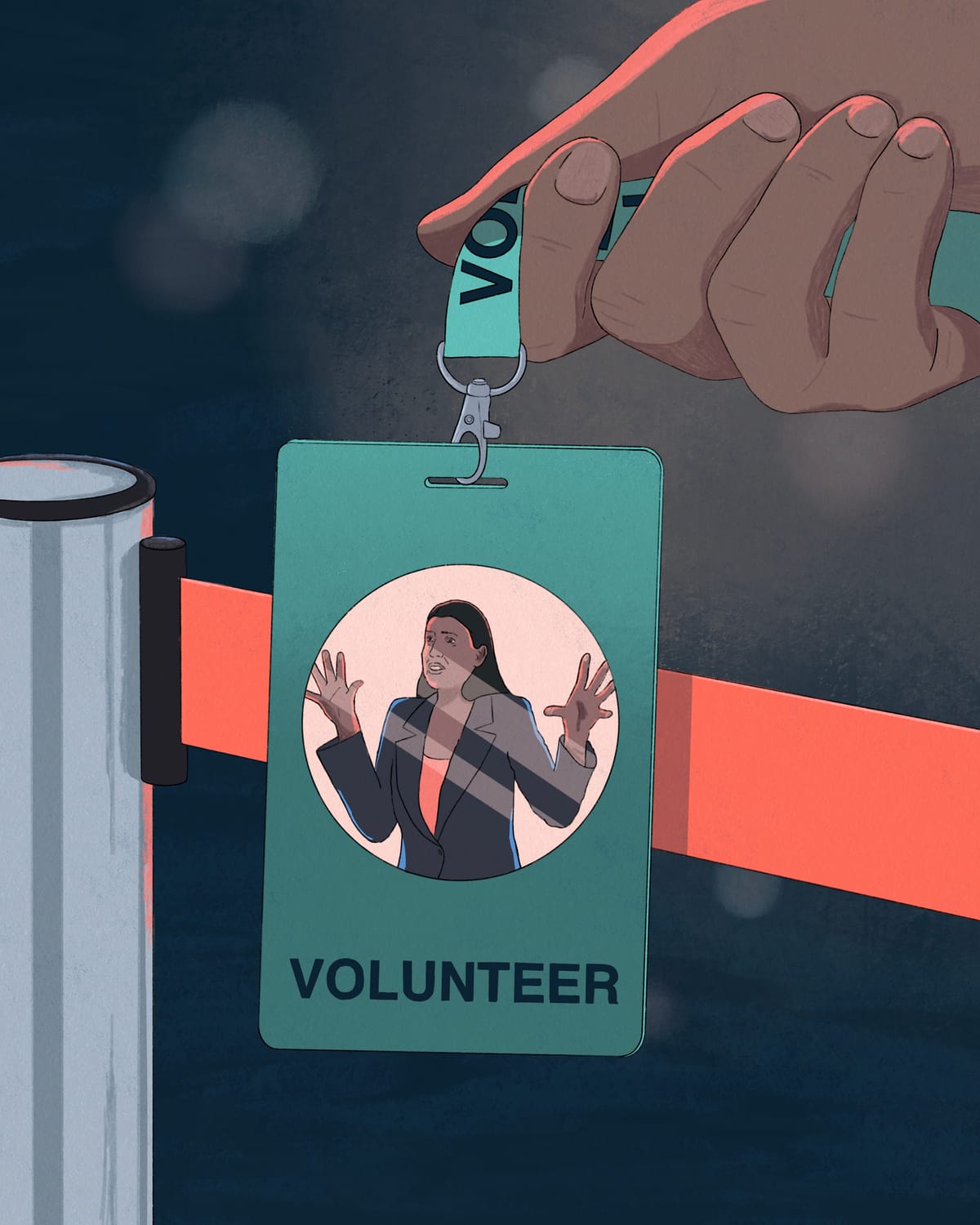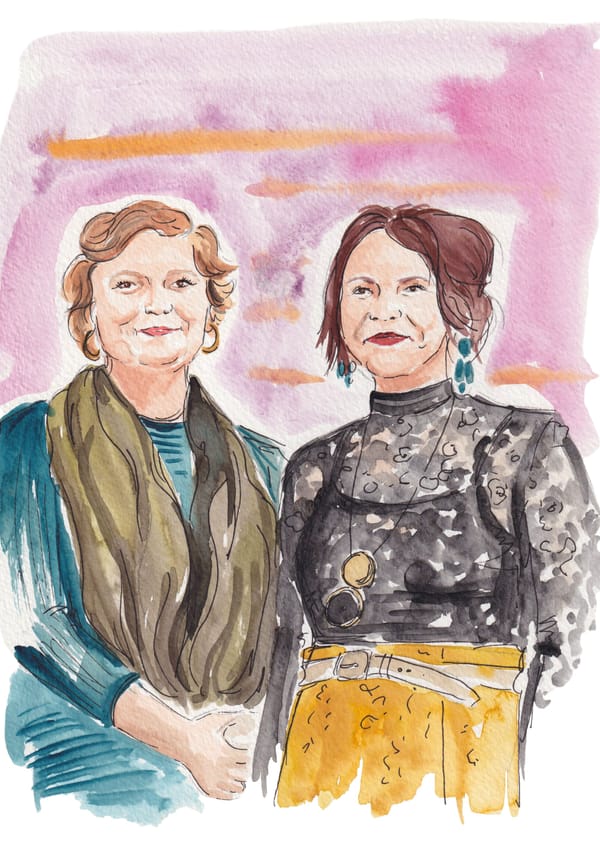I Thought My Year of Yes Would Lead to More Paid Work. How Wrong I Was.
Organizations only truly value what they pay for. The rest they dispose of easily and forget. Don’t let that be you.

Last year—2024—was the year I worked a lot and got paid too little. It turned out to be a major test-crash-and-learn year for me, with significant financial consequences.
In all, I took on 45 separate pieces of work, including presentations, webinars, conferences, seminars, workshops, articles, guest essays and reports. But out of those 45 projects, just 27% were paid, and only 7% paid well.
I’m an award-winning researcher, writer and consultant focused on equality and society. I have over 25 years of experience, two Master's degrees, and, if you add them up, well over 10,000 hours of leading research functions, advising companies, writing and presenting.
The nature of my work means I make most of my income through consulting, writing reports and articles or research-based projects. Because I’m an independent consultant (along with my husband, I count just six people on my team) it means I need to do a lot of hustling, pitching ideas, doing the circuit, making myself visible. And sometimes, often in fact, it means I’ll have to accept unpaid assignments—assignments that are delivered on the assumption that they’ll be repaid with connections, networking and the hard-to-measure visibility. Or so the logic goes.
At the start of 2024, driven by desire to be purposeful, I decided to accept all offers I received—both paid and unpaid. But by the end of the year, I was flat out frustrated with how things had gone. Let me explain: What I had not fully grasped at the start of the year but certainly realized by the end was that by agreeing to deliver unpaid engagements my labor and that of many other experts, especially women, was feeding the private and non-for-profit sectors—for free. My unpaid efforts were also fueling a global corporate event market whose value is forecast to reach a staggering $1.2 trillion by 2032, growing at a compound annual growth rate of 10.5%.
In a world torn apart by conflict, division and moral bankruptcy, I had become so determined to be an expert who offered solutions to make the world a better place, that when I was invited to deliver unpaid talks on causes about which I felt passionate, I kept saying yes. And then there was the equation I had established in my mind: that public exposure equals stronger personal brand, which in turn equals higher profitability. How wrong I was.
'An Exclusive Opportunity'
The penny finally dropped when, in late 2024, I received a LinkedIn message from a senior executive at a leading international charity, operating in over 100 countries with a budget of over £100 million (around $130 million), which was working with a well-known global consultancy, whose revenue is in the billions, to design the charity’s audience strategy.
I was invited, as an audience insights expert, to an all-day idea-generation workshop in London. In exchange for six-and-a-half hours of my time, my creativity and over two decades of accumulated knowledge, the charity offered “an exclusive opportunity to collaborate and engage with other insight specialists from across various sectors.”
This blatantly lopsided and unfair value exchange left me indignant. So did the tone of the invitation—clearly designed to appeal to my benevolence and professional pride; as if to say, ‘what a great difference your input could make.’
Was it just me, I wondered. I wasn’t convinced, so I did one of the things I do best and gathered some data.





